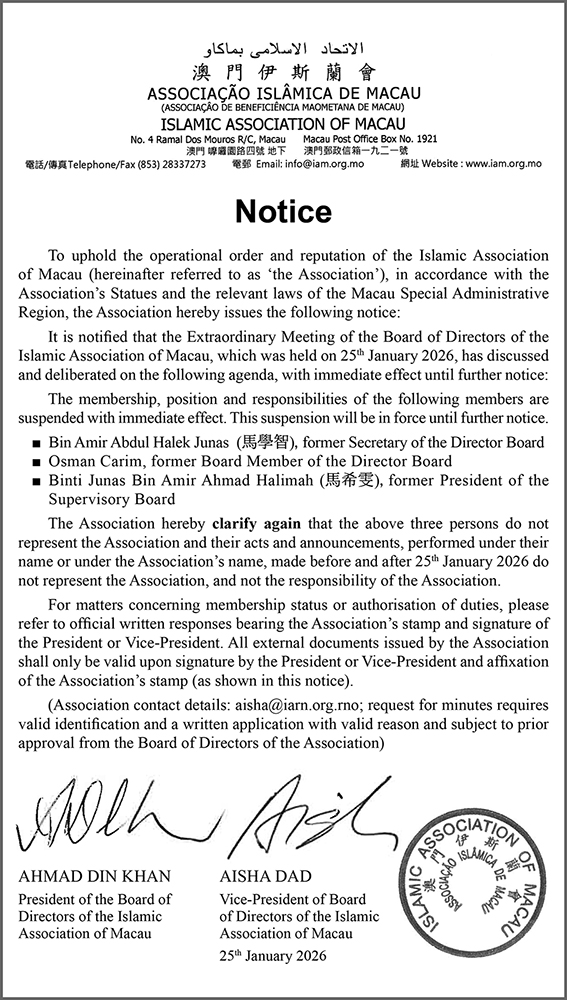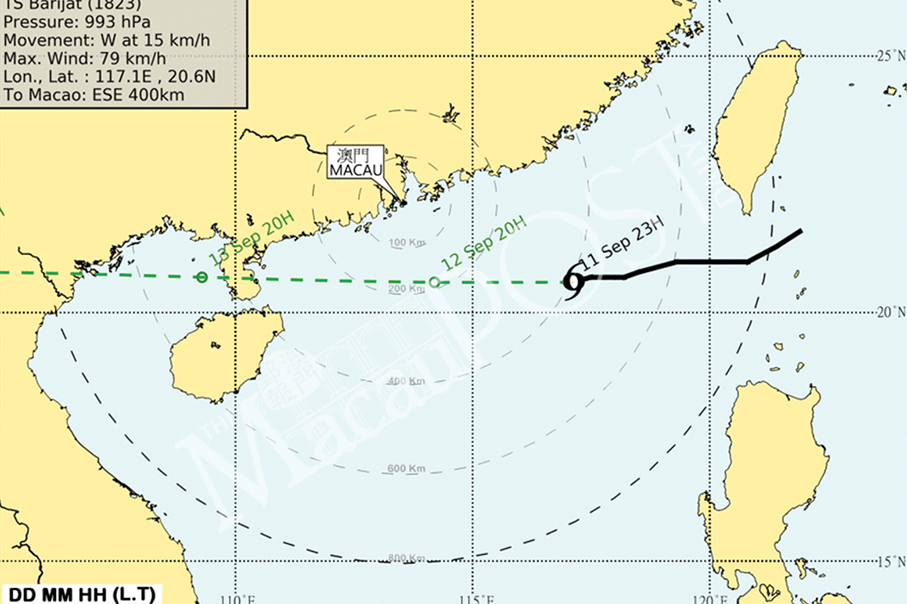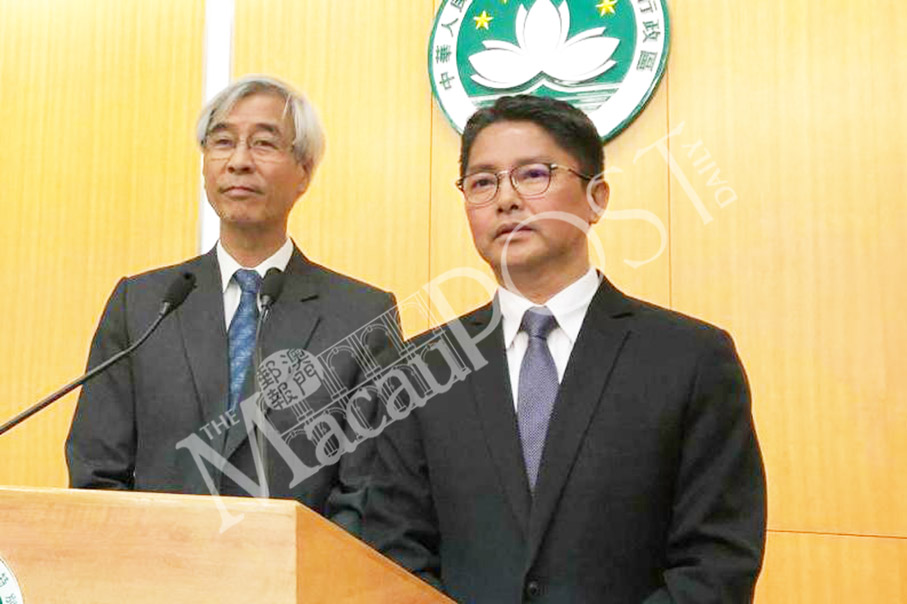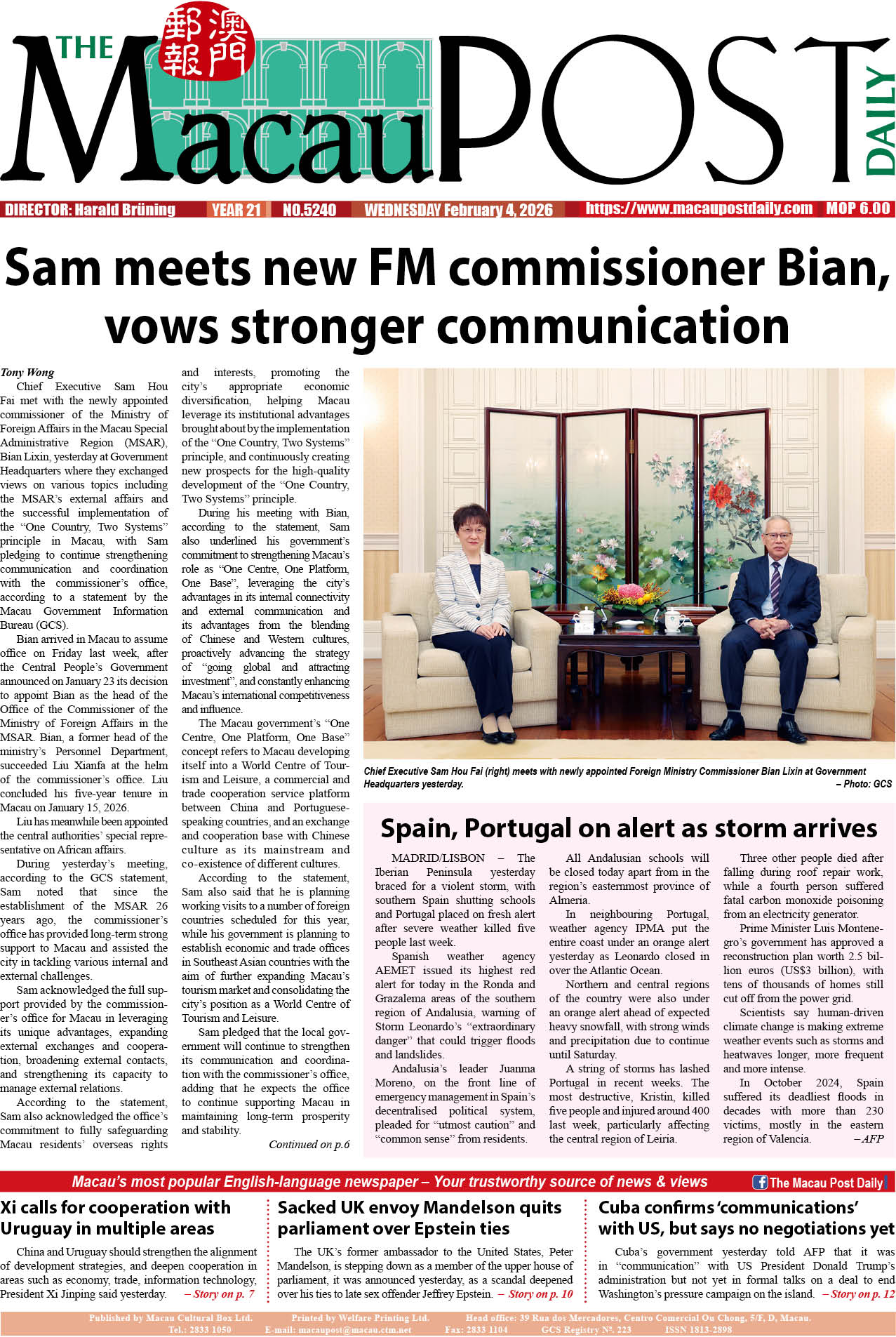It’s an old habit of mine to reread books that I bought years or even decades ago, sometimes because they are simply too good to not read them again such as one of my favourite novels, “La Colmena” (“The Hive”) by Camilo José Cela, or because of their timeless topicality such as “O Jogo em Macau” (“Gaming in Macau”).
I decided to reread the latter in the wake of Dr Stanley Ho Hung Sun’s passing late last month when I was asked by quite a number of journalists and consultants about his life and the history of the local gaming industry.
“O Jogo em Macau” was published in 1985 by the government’s Gaming Contracts Inspectorate, the predecessor of the Gaming Inspection and Coordination Bureau (DICJ), whose new director, Adriano Marques Ho, was sworn in on June 10, my birthday of all days.
The book is one of the most comprehensive and interesting ever written about Macau’s “dragon-head” industry, as it is colloquially known in Chinese. Apparently, it was penned by a team from the inspectorate that preferred to remain anonymous. The authors’ approach is quite extraordinary for a government-initiated publication as it is refreshingly critical of certain unsavoury aspects of the gaming industry such as skimming and money laundering.
That’s why the authors underline the “necessity” of controlling the sector to ensure that it works in line with legal norms and fair play. “The need for a specific control of the gaming activities, casinos’ activities in particular, is a principle that is generally accepted without contradiction,” they wrote. Whilst this might sound like a truism, I think it is actually very meaningful.
Lenin’s bon mot
No civil society and economy can function without mutual trust and equitable control. Russian revolutionary and political theorist Vladimir Lenin is said to have proclaimed that “trust is good, control is better.” I am quite fond of his reputed bon mot, although I must admit there’s no proof that he ever said it. Well, he certainly could have said it, considering that the following phrase appears in his collected works: “Put no faith in words, subject everything to the closest scrutiny.”
Casinos in Macau, Pope in Rome
Ideally, trust and control go hand in hand, and that’s what we need to ensure for our crucially important gaming industry. Casinos are an essential part of Macau’s cultural heritage. Macau without casinos is simply unthinkable. A senior official of Macau’s then Portuguese administration told me in the early 1990s there was no need to mention our casinos in the government’s tourism promotion campaigns because of their long history their sheer existence was a matter of course. The official likened the “ageless” position of Macau’s casinos to the one of the Pope in Rome. “Rome’s tourism promoters don’t need to mention the Pope, everyone knows that he’s in The Eternal City”, he insisted. Well, what he said was perhaps not exactly a politically correct comparison but somehow his assertion hit the nail on the head.
Macau’s first casinos were licensed back in 1849 and the first long-lasting casino monopoly was granted in 1937. Dr. Ho’s STDM (“Macau Tourism and Amusement Company”) took over the gaming monopoly (officially dubbed “exclusive concession”) in 1962, after which the local gaming industry never looked back. In the 1980s there was the widely held idea that “what’s good for STDM is good for Macau” and some even claimed that Macau was not a territory with a casino company but a casino company with a territory, which certainly even then was rather hyperbolic.
Economists point out, quite rightly, that in the long term monopolies tend to be affected by allocative inefficiency (one of the few things that I still remember from my political economy classes).
Competition works miracles
The monopoly concession system was liberalised by the government of Chief Executive Edmund Ho Hau Wah in 2002, one of the wisest decisions ever taken by a head of government in Macau. Competition works miracles so little wonder that Macau is now the world’s top gaming hub.
Many of my media colleagues in Hong Kong and elsewhere still don’t seem to understand that Macau’s gaming sector isn’t based on licences but concessions granted by the government. A concession is a kind of partnership between the public sector and a private enterprise. A licence is merely a measure by the public sector to establish the conditions under which enterprises such as banks may perform a specific economic activity. I think that Macau’s traditional concession system is the proper way to “control” the local gaming industry – based on the necessary trust between the government and the current six operators.
Oddity of subconcessions
That’s why the system should be kept in place beyond 2022, when the current three concessions and three subconcessions expire. I think the gaming law should be amended so that the number of concessions is no longer limited to a specific number. The current subconcessions were merely the necessary product of a specific situation at a certain point of time. They have become an oddity.
Due to the COVID-19 pandemic, our six gaming operators are having a thin time – after making money hand over fist for more than a decade. I am optimistic that they will be able to overcome the current crisis. After all, Macau has traditionally been remarkably adept at overcoming all kinds of obstacles.
On a tight leash
The government should keep the city’s mighty gaming operators – including the potentially murky junket sector – on a tight leash for the greater good. They all should always be aware of the fact that anything untoward happening in Macau nowadays could potentially tarnish China’s image as one of the world’s major powers.
Macau’s labour-intensive gaming sector is particularly powerful in two aspects – as a job creator and the government’s top income generator. Thanks to our over three dozen casinos tens of thousands of locals enjoy relatively well-paid and stable jobs and the government’s financial reserves are among the highest in the world, not just comparatively, standing at over 0.5 trillion patacas.
In this context, both the local government and the city’s gaming industry shoulder the great responsibility of ensuring that Macau’s aim of becoming a world centre of tourism and leisure will be achieved as smoothly as possible. I think we all concur with the Peter Parker principle that “with great power comes great responsibility!” Of course, this involves corporate social responsibility.
I am sure that most of our gaming operators are fully aware of the great responsibility that they have for Macau as a whole – and their handsome profits one can expect to make a triumphant return not long after the novel coronavirus has been defeated are not only great for their own balance sheets but also for the public coffers. That’s why the 35 percent gross gaming revenue tax rate should be kept intact.
– Harald Brüning










